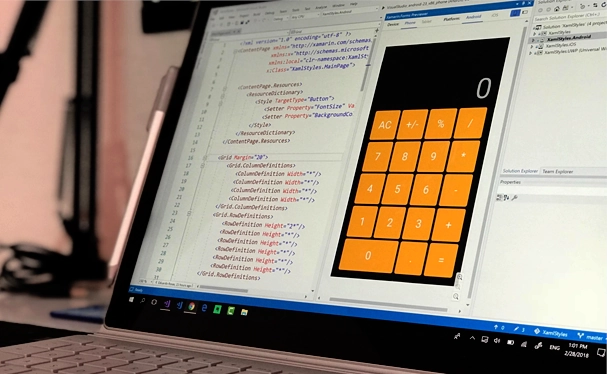
Native Mobile App
SCHEDULE CONSULTATION
Ready to dive into the world of mobile? Think of the tech you choose as your app's best buddy. Imagine 'Native Apps' as the fancy dressers - they look stunning on different phones and work super smoothly. 'Web Apps' are like the all-rounders - they fit everywhere and save you time. Meet 'Hybrid Apps' - they're the cool mix of both worlds, like a burger with a surprise filling. Then there's 'Cross-Platform Apps' - these guys bring everyone together, like a big friendly family. But remember, tech is only half the story. Your app should talk to people in a way they get, making things easy and fun. So get ready for a mobile journey that's not just about gadgets, but making friends with your users!
App Category
Here's a brief explanation of each app category:
- Native Apps: These are like the specialists of the app world. They're designed specifically for one platform, like iOS or Android. They work really well and can use all the cool features of your device.
- Web Apps: These are like the flexible team players. They run in web browsers, so they work on different devices without needing to be installed. They're easy to update, too.
- Hybrid Apps: These are the versatile types. They combine the strengths of native and web apps. They can be used on different platforms and have some device access, just like native apps.
- Cross-Platform Apps: Think of these as the peacemakers. They work on both iOS and Android, so you don't have to build two separate apps. They save time and effort while still giving a good experience.
There are also various programming languages used
- Java: A versatile and widely-used programming language, primarily used for Android app development. It's known for its robustness and compatibility.
- Swift: Apple's preferred language for iOS app development. It's designed to be efficient and expressive, making it easier for developers to create powerful apps.
- Kotlin: An increasingly popular language for Android app development. It's concise, expressive, and interoperable with Java.
- Objective-C: While less commonly used now, it's still relevant for maintaining and updating older iOS apps.
Benefits of mobile app development
There are various benefits of mobile application development. Mobile applications are software applications designed to run on devices such as smartphones and tablets. For example, there are utility apps (flashlights, calculators, weather apps), social media apps (Instagram, Facebook, Tiktok), e-commerce apps (Amazon), and travel apps (Airbnb, Google Maps). Mobile applications have the following benefits.
- The growing prevalence of mobile devices is a key factor driving the increasing demand for on-the-go access to various functions. Furthermore, many of these easy-to-access functions are available offline as well, making it beneficial for the users.
- Another key benefit is access to functions that are not available on web-based applications. Some such functions are camera access, location-based services, contact integration, biometric authentication, and more.
- Mobile applications provide businesses with opportunities for growth and revenue generation. Through in-app purchases, subscriptions, advertisements, or paid downloads, businesses can monetize their apps and boost profitability. Additionally, mobile apps offer a centralized platform, such as app stores, where users can discover, download, and update applications.
- Mobile applications enable businesses to engage with their customers in a more personalized and interactive manner. Through push notifications, in-app messaging, and tailored content, apps can deliver targeted information, promotions, and updates to users, fostering customer loyalty and enhancing the overall user experience.
Read Also: Benefits of Mobile Application
Frequently Asked Questions
More Services
Responsive Web Application
Explore MoreCross-Platform Mobile App
Explore MoreCloud Solution Design And Migration
Explore MoreSoftware Development Service
Explore MoreEnterprise Level Solutions
Explore MoreApplication Design
Explore MoreSearch Engine Optimization
Explore MoreDigital Marketing
Explore More